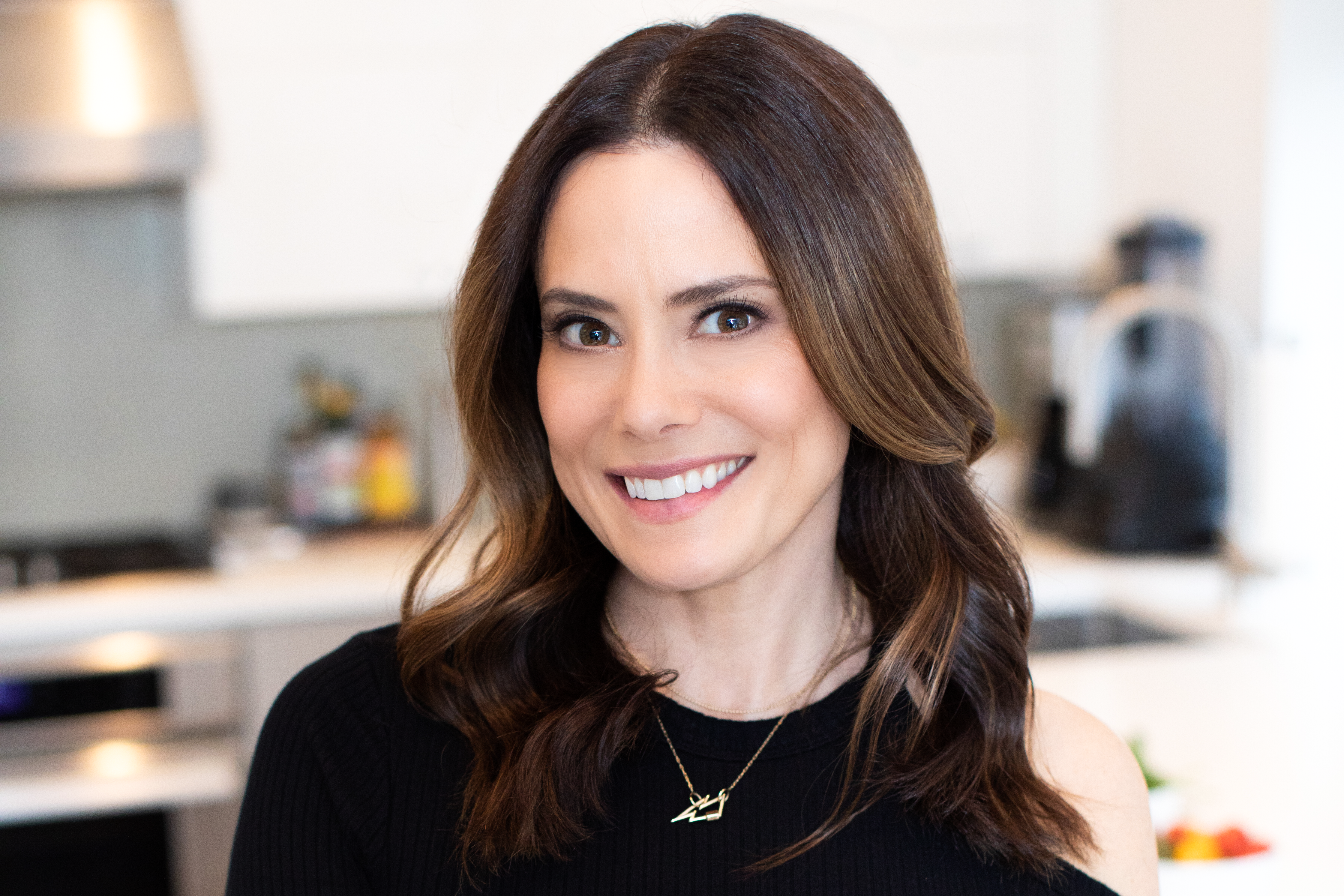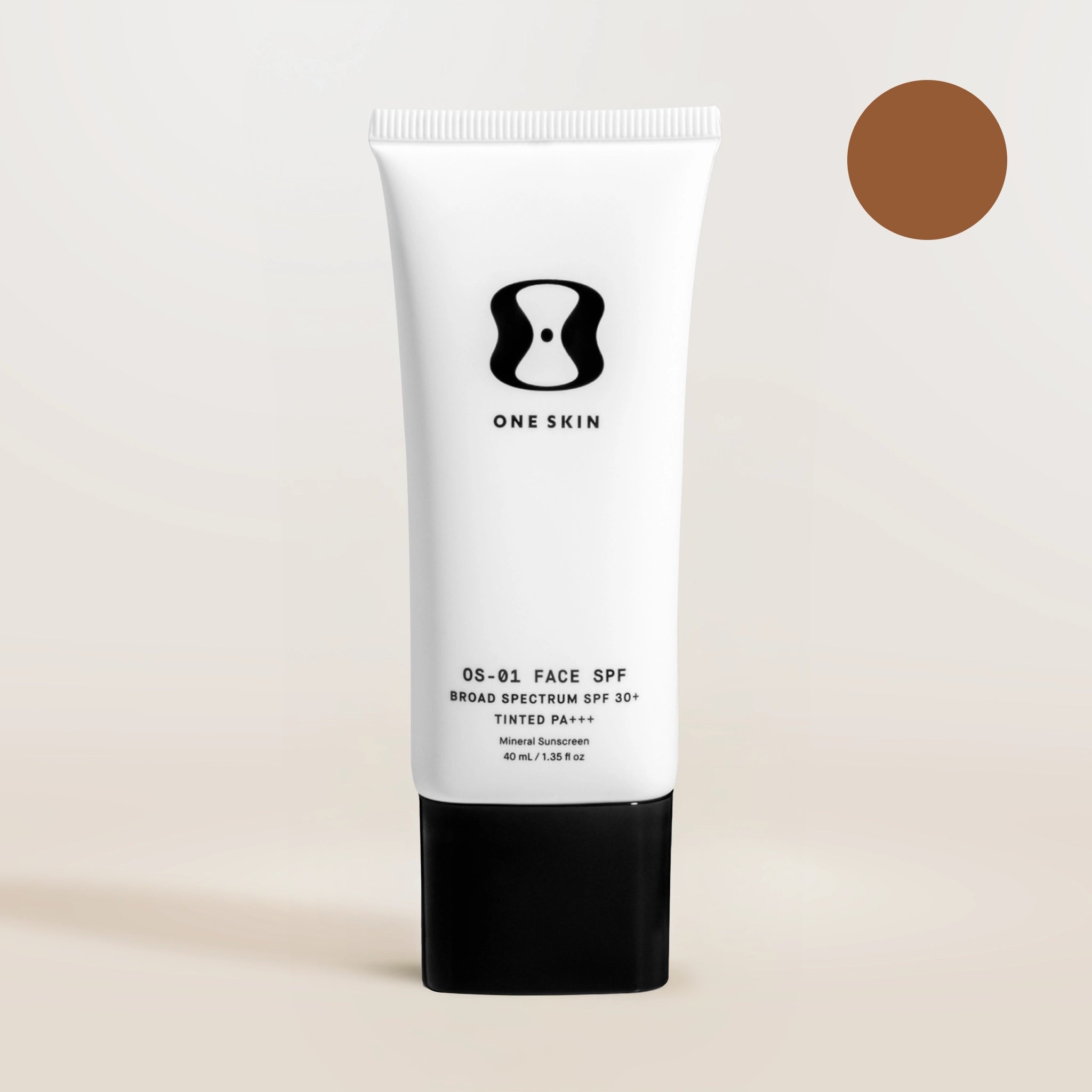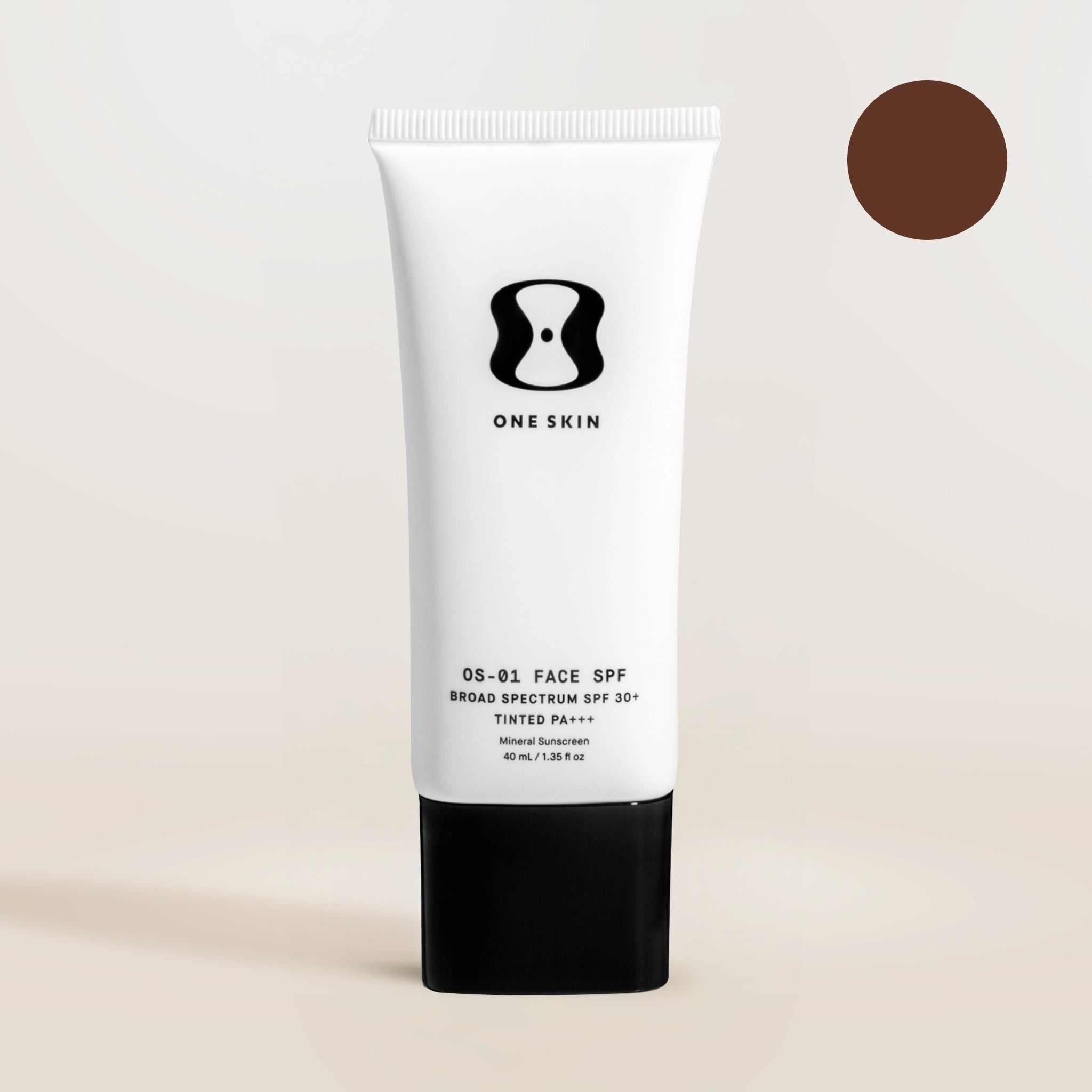Healthy aging begins with the fuel your body uses to protect cells, balance energy, and support vitality over time. By focusing on nourishment that works with your biology, you can lay the groundwork for a longer, stronger, and more vibrant life.
In celebration of Healthy Aging Month, we’re bringing together leading experts in wellness and longevity to share their insights on how to age with vitality, and how you can weave their strategies into your everyday life.
One of those experts is Keri Glassman, a nationally recognized integrative dietitian, bestselling author, and founder of Nutritious Life and the Nutritious Life Studio. For more than 20 years, Keri has helped people cut through the noise of wellness trends and embrace simple, sustainable habits that truly fuel a healthy life at every age.
Vitamin D & Longevity
Q: What’s one new study, discovery, or insight in your field that you’re genuinely excited about right now?
I’m really fascinated by the science of healthspan and longevity—living not just longer, but better. One study that recently caught my attention looked at the connection between vitamin D supplementation and telomere length. Telomeres are the protective caps at the ends of our chromosomes that naturally shorten as we age, and shorter telomeres are associated with cellular aging and increased risk of age-related diseases.[1]
This new research suggests that adequate vitamin D levels may help preserve telomere length and even reduce the rate of cell death. That’s big, because vitamin D is already known for its role in bone health, immune function, and mood regulation—but this adds a powerful anti-aging layer to the conversation.[2]
What’s especially compelling is that an estimated 40–50% of the U.S. population is either deficient or insufficient in vitamin D. I often recommend supplementation—especially for women in midlife—not just because we’re spending more time indoors, but because even with sun exposure, many people don’t reach optimal levels.[2]
This study gives even more weight to that advice. It’s not just about preventing a deficiency; it's about using vitamin D strategically to support cellular health and longevity. If we can help clients stay consistent with something as simple as a daily supplement and some morning sunlight, and that behavior can actually impact aging at the cellular level—that’s incredibly exciting.
Myth Busting: Breakfast Isn’t Dead
Q: What’s a common misconception in the field of nutrition that you’d like to debunk? What’s the truth people should understand?
Skipping breakfast may not be as healthy as we thought, especially because of the rise of intermittent fasting. Yes, time-restricted eating can work for some people in some cases, but the idea that breakfast is unnecessary or even harmful is a huge oversimplification.
Breakfast plays a major role in metabolic health. Research shows that people who eat a balanced breakfast tend to have better insulin sensitivity, more stable blood sugar, and lower levels of ghrelin—the hormone that makes you hungry—throughout the day.[3,4] On the flip side, skipping breakfast has been linked to increased cravings, reduced physical activity, and a higher risk of overeating later in the day.[5,6]
And let’s talk longevity for a second: some studies suggest that front-loading your calories earlier in the day (rather than backloading them at night) may be more in sync with your natural circadian rhythms and support better weight regulation.[7]
Even if you follow intermittent fasting and push your first meal to mid-morning, that “break-fast” still needs to count. It should be rich in protein, fiber, and healthy fats to help stabilize blood sugar, boost satiety, and support muscle maintenance, which is especially important as we age.
So no, breakfast isn't a thing of the past! A nourishing, intentional first meal—whatever time you have it—can be a powerful foundation for the rest of your day and your long-term health.
From Theory to Practice: Breakfast Made Simple
Q: How can someone begin applying this research or insight in a practical, everyday way?
If you’re not a breakfast person because you’ve never made time for it or just don’t love traditional breakfast foods, don’t start with elaborate egg scrambles. Keep it simple. The goal is to get in a little protein and something nourishing without stress. That could be as easy as a latte and a handful of nuts, or a smoothie you sip while getting ready. And if eggs and oatmeal aren’t your thing? No big deal. Who says you can’t have a slice of turkey at 8 a.m.? Non-traditional breakfast foods work just fine!
If time is an issue, consider keeping a few easy, go-to ingredients you love on hand at all times, giving you a couple of no-fail options to mix and match. One morning, it’s cottage cheese with frozen berries and chia seeds; another, it’s scrambled eggs with orange slices.
Non-Negotiables: Keri’s Morning Playbook
Q: What are the top 1–2 health habits or routines that you never skip, because they truly make a difference?
Number one: waking up early and carving out quiet time for me—before the emails, the texts, and the to-do list come flooding in. That early morning stillness is my biggest wellness hack. It sets the tone for my entire day. I use that time to get organized, map out my schedule, think creatively, and get a head start on work without distractions. It helps me feel clear, grounded, and in control.
Number two: my morning routine, which can vary but always includes breakfast and movement. I know it sounds cliché, but I truly believe how you start your day shapes everything that follows, and I’ve been a morning person my entire life—even in college! A balanced breakfast with protein, healthy fat, and fiber helps stabilize blood sugar, boosts energy, and keeps me focused. And even if I don’t have time for a full workout, I’ll get in some movement—whether that’s a weighted vest walk, a yoga flow, or even just a few minutes of strength training. It helps regulate my mood, revs my metabolism, and makes me feel like me.
These habits are simple, but they’re powerful. And they’re non-negotiable because they make everything else in my day easier and better.
Looking Ahead: The Future of Healthy Aging
Q: What’s something most people aren’t thinking about yet when it comes to healthy aging—but will be in the next 5–10 years?
A few things are bubbling up now, but I think they’re going to be big in the next decade: cellular health, vagus nerve support, and peptides. We’re going to see a major shift toward what’s happening on a deeper, cellular level.
Peptides, in particular, feel like one of the most promising frontiers in healthy aging. These short chains of amino acids can act like targeted messengers in the body, and research is showing how certain peptides may help with everything from muscle maintenance and cognitive function to immune support, skin health, and metabolic regulation. Some can even signal the body to produce more of its own growth hormone or stimulate mitochondrial function, which is a huge deal for aging well.
We’re also going to hear a lot more about supporting vagus nerve tone and nervous system regulation as part of the aging conversation—because stress resilience, gut-brain balance, and inflammation are all interconnected.
So yes, eating more protein and getting enough sleep still matter, but the future of aging will be just as much about supporting the messengers inside your body—and helping your cells stay as youthful and functional as possible.
Keri’s Longevity Library Pick
Q: What is a book, paper, or podcast you think everyone should check out?
Can I shamelessly plug my podcast? Living a Nutritious Life!
What Longevity Means to Keri
Q: What does aging well or longevity mean to you, personally?
For me, aging well means staying fully me. I want to feel sharp, strong, energized—and genuinely excited to get out of bed and live my life. It’s not about chasing some perfect number or pretending I’m 30. It’s about protecting the things that make me feel good: the ability to move with ease, think clearly, work hard, laugh loud, and keep doing what I love—whether that’s building a business, going for a walk with a friend, or making dinner with my kids.
Longevity isn’t just about living longer; it’s about making sure the years ahead are filled with you, still showing up in full color.
Keri’s OneSkin Pick
Q: What OneSkin product is your favorite and why?
Hands down, the OneSkin OS-01 FACE SPF. It’s a total multitasker—which I love. You’re getting hydration, you’re getting the OS-01 peptide (which targets aging at the cellular level), and you’re getting daily sun protection. Moisturizing, repairing, and protecting all in one. BAM, BAM, BAM! It’s like my skin’s daily non-negotiable.
Conclusion
Longevity, according to Keri, starts small: one good meal, one walk, one quiet morning at a time. Stack those habits daily, and they add up to sharper thinking, stronger movement, and more energy for the things you love. In the end, healthy aging is less about the years ahead and more about showing up as your best self, every day.
Key Takeaways:
- Research shows vitamin D could protect chromosome caps, a key marker of healthy aging.
- Skipping breakfast isn’t a shortcut; your first meal and early movement help regulate blood sugar and hormones.
- The next decade will focus on keeping cells youthful and functional from within.
- For Keri, aging well is measured by your ability to move, laugh, think, and show up as your fullest self every day.
References:
- https://www.sciencedirect.com/science/article/abs/pii/S0002916525002552
- https://www.ncbi.nlm.nih.gov/books/NBK532266/
- https://www.sciencedirect.com/science/article/pii/S0039128X11003515?via%3Dihub
- https://pmc.ncbi.nlm.nih.gov/articles/PMC4863265/
- https://pmc.ncbi.nlm.nih.gov/articles/PMC9352742/
- https://pmc.ncbi.nlm.nih.gov/articles/PMC4310153/
- https://pubmed.ncbi.nlm.nih.gov/36087576/









